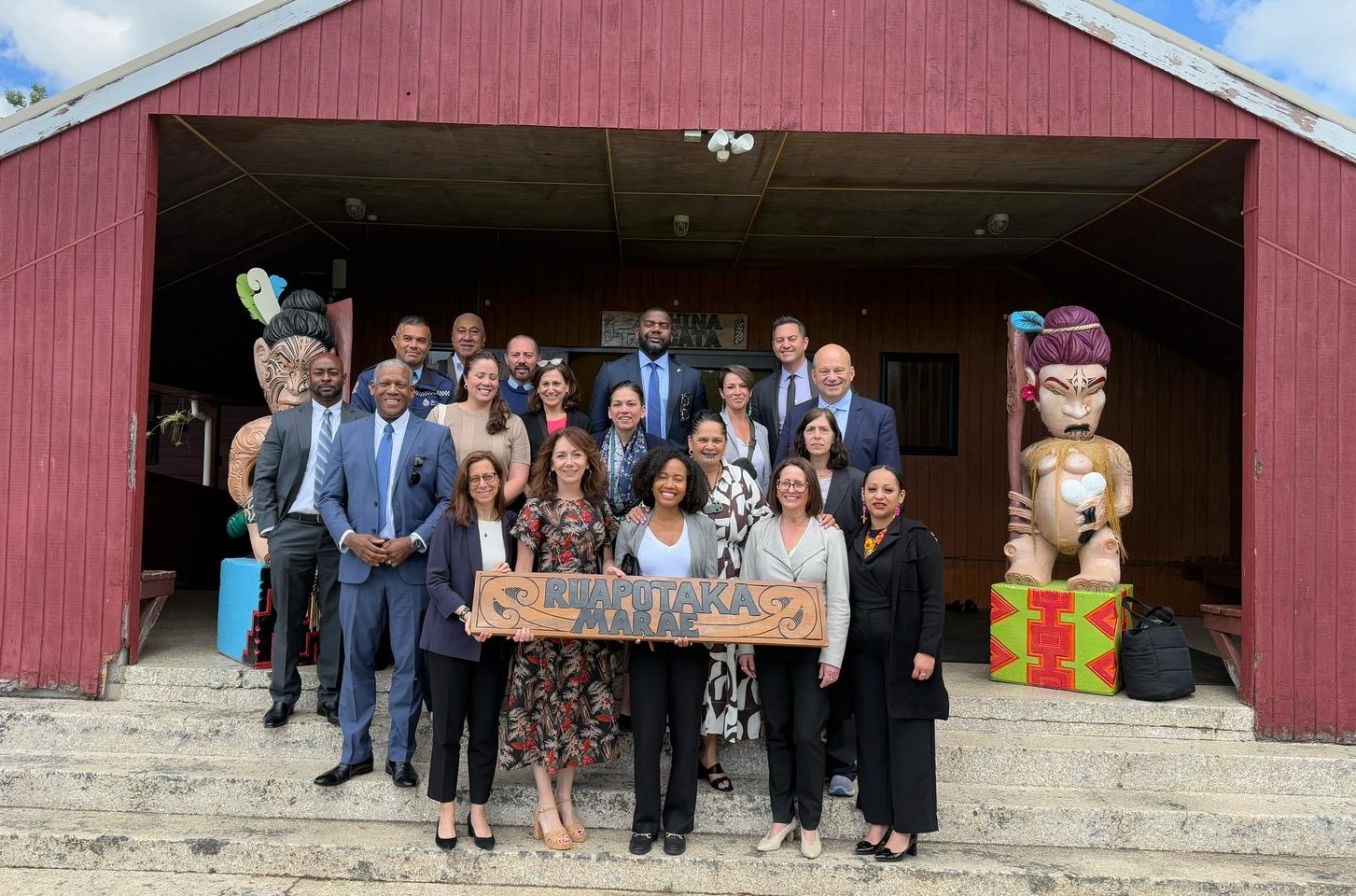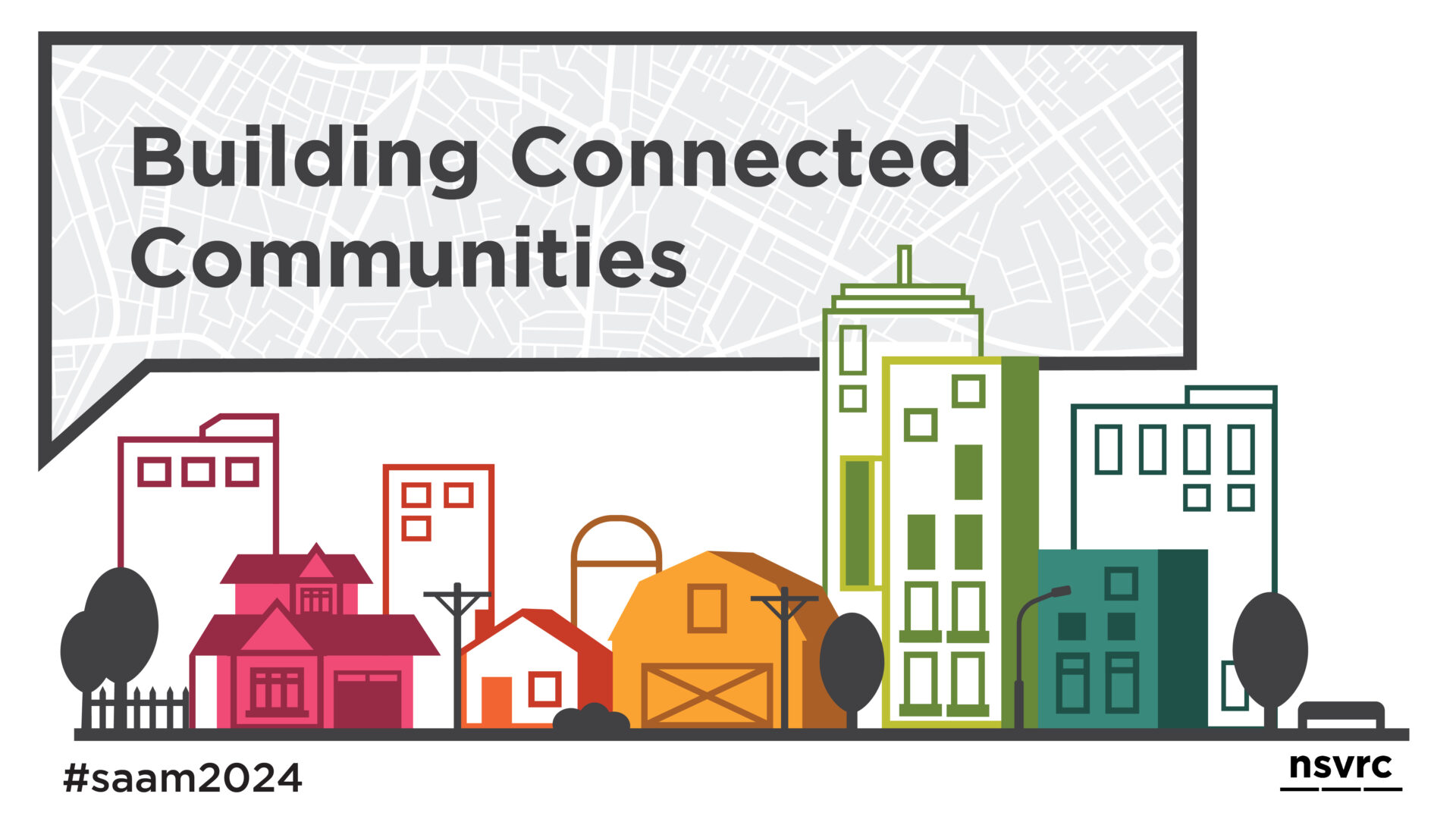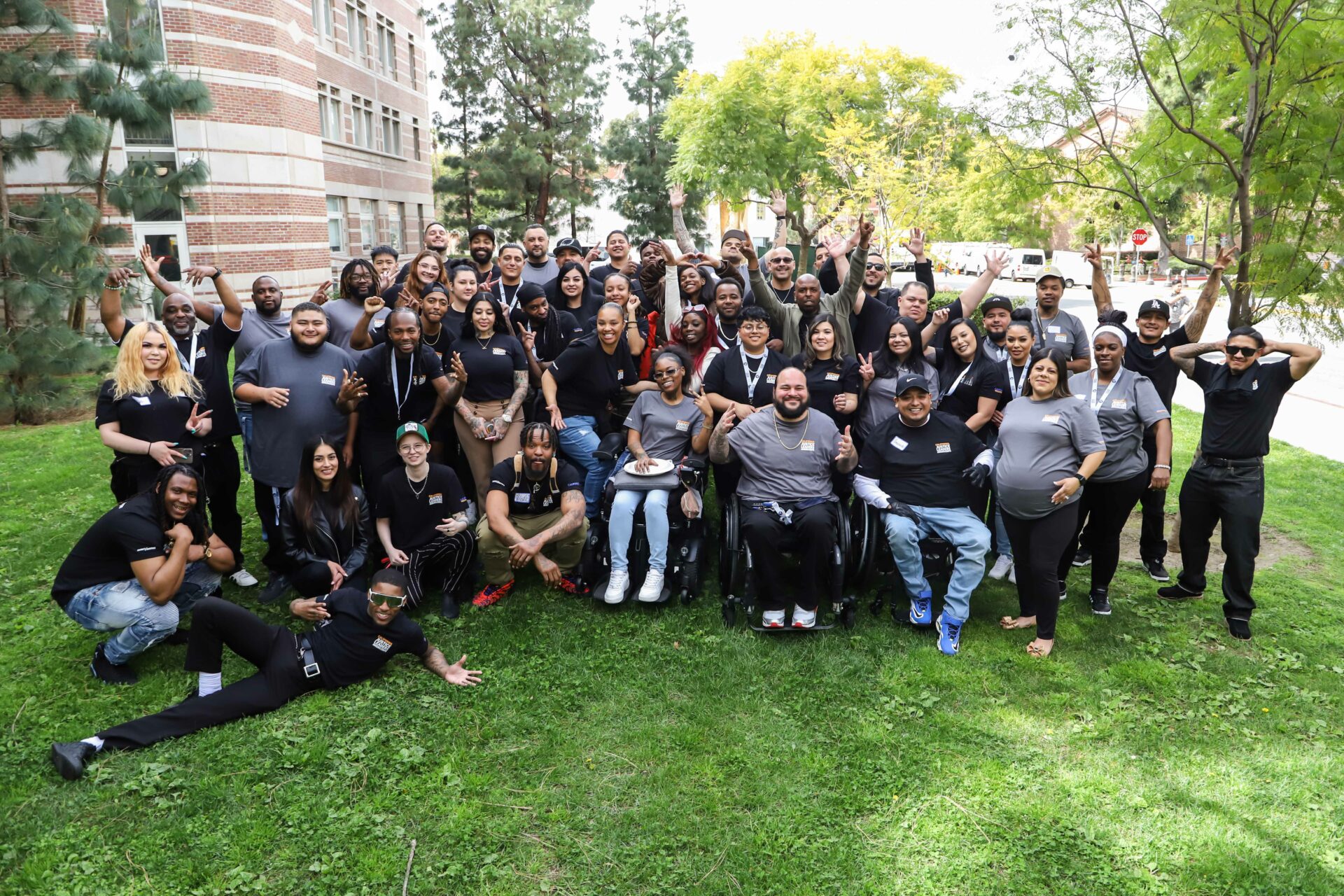As we prepare to share a hearty meal and give thanks surrounded by friends and loved ones, it’s a good time to reflect on the deeper meaning of food in our lives.
Far more than just a source of nourishment, food is integral to our existence as social beings. We express ourselves and bond with others through food. We make soup for friends who are sick, cook favorite dishes with our children, drop off a meal to someone grieving, and bake joyful cakes for birthdays and other milestones. In these ways and so many others, food is a conduit for relationships and a foundation for community.
For incarcerated people, food is imbued with meaning too, but of a very different kind, sending the message that they are less than human every time they sit down to a meal. Not only is the food in prison unappetizing and unhealthy by every definition, but even in crowded “chow halls” meals are a solitary experience, not a communal one. People sometimes have just minutes to eat, are required to eat in silence, and sharing food — when there is anything worth sharing — is usually prohibited.
In most facilities, meals are just another form of punishment, and one with serious repercussions for health and emotional well-being while people are incarcerated and sometimes long after they are released. When people come home dealing with chronic diabetes, hypertension, weight gain, depression, anxiety, and a fraught relationship with food, it affects not only them but also the families and communities they return to. Remember: Nearly half of the people in prison are parents of children under the age of 18.
Two years ago, our report Eating Behind Bars raised alarms about the magnitude of the problem. Today, we’re spearheading breakthrough innovations geared to transform food in prison and accomplish even more than that.
In partnership with renowned chef Dan Giusti and his company Brigaid, which has a track record of improving food in schools, we launched Chefs in Prisons and are in the process of hiring a culinary professional to serve as the first chef-in-residence at the Maine Department of Correction. Not only will that food-loving chef develop new approaches to purchasing and menu planning that transform meals and reduce food waste, but the chef will also provide culinary training to every incarcerated person assigned to work in a prison kitchen, boosting their employment prospects after release.
This fall we also launched Growing Justice, which leverages the power of climate-sensitive indoor (aka “vertical”) farming to expand access to fresh food in prison and in the low-income communities most formerly incarcerated people return to, while also training system-involved individuals to work in this high-growth industry and connecting them with employers eager to hire them. We’re partnering with two of the industry’s leading advisory firms, Skout Strategy and Agritecture, and with a growing roster of companies that include Bowery Farming, Fork Farms, and Square Roots. And the California Department of Corrections and Rehabilitation is working with us to pilot Growing Justice in the Central California Women’s Facility.
These projects — just two of many Impact Justice innovations — show what’s possible when we bring new ideas and new voices, partners, and resources to bear on overlapping problems that concern us all — from mass incarceration to food insecurity, to climate change and more.
We’re taking the same all-in, creative approach to address a housing crisis that also fuels elevated rates of homelessness, unemployment, and recidivism among formerly incarcerated people. Inspired by the sharing economy, the Homecoming Project is a new model of reentry housing that also channels dollars into communities facing gentrification and rising costs of living.
Building safe, thriving communities and a more just society is our collective responsibility, and we accomplish so much more when we work together. I invite you to learn more about our work at www.impactjustice.org and to reach out with creative ideas of your own. In the meantime, Happy Thanksgiving.




